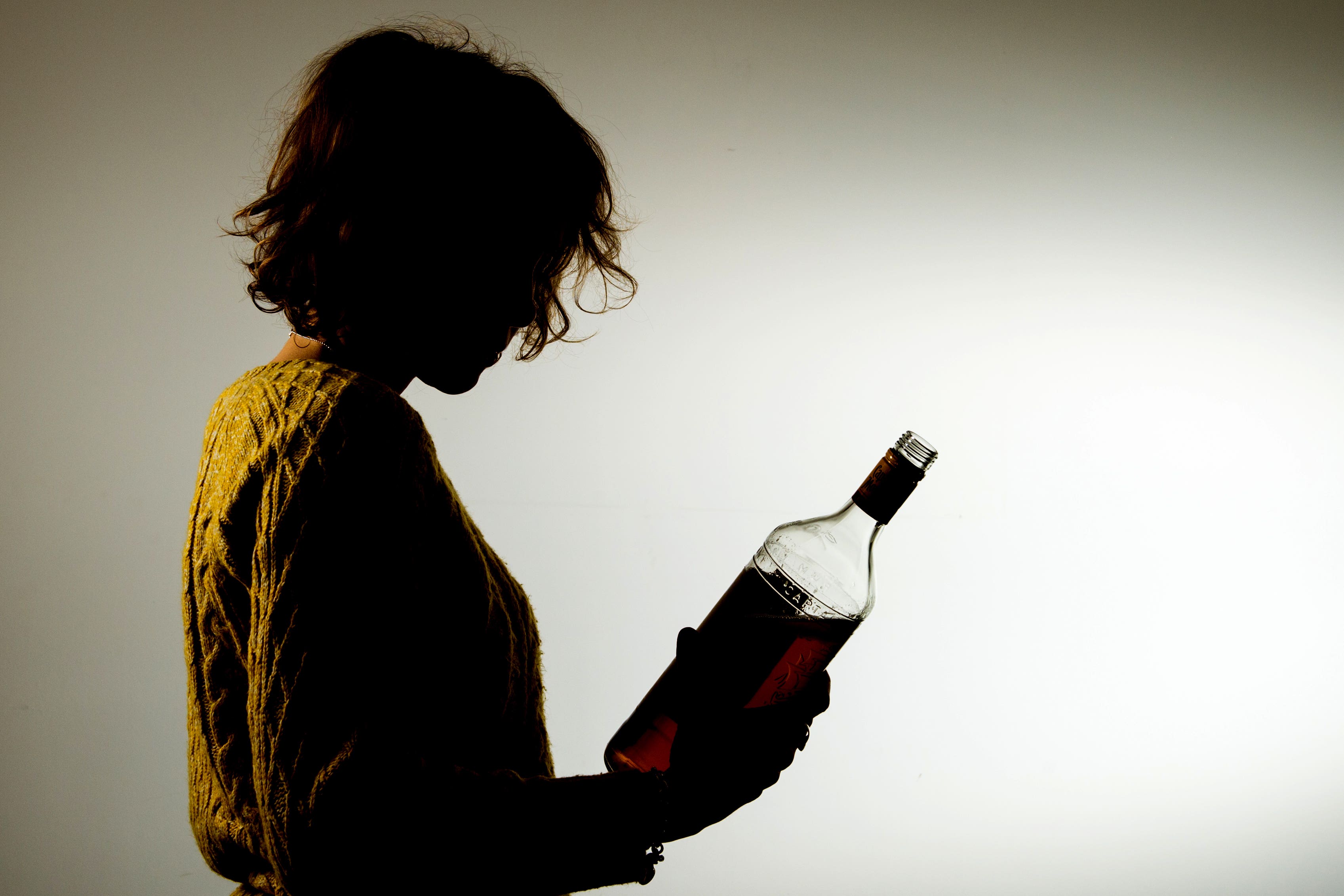Woman’s extremely rare syndrome means she gets drunk without alcohol
Despite not drinking alcohol, she also had elevated blood alcohol levels and alcohol on her breath

Your support helps us to tell the story
From reproductive rights to climate change to Big Tech, The Independent is on the ground when the story is developing. Whether it's investigating the financials of Elon Musk's pro-Trump PAC or producing our latest documentary, 'The A Word', which shines a light on the American women fighting for reproductive rights, we know how important it is to parse out the facts from the messaging.
At such a critical moment in US history, we need reporters on the ground. Your donation allows us to keep sending journalists to speak to both sides of the story.
The Independent is trusted by Americans across the entire political spectrum. And unlike many other quality news outlets, we choose not to lock Americans out of our reporting and analysis with paywalls. We believe quality journalism should be available to everyone, paid for by those who can afford it.
Your support makes all the difference.A woman who visited hospital seven times with slurred speech, only to be told she was drunk – despite saying she had not been drinking – had a rare condition which gave her the appearance of being intoxicated.
Over two years the 50-year-old woman visited the emergency department complaining of extreme daytime sleepiness and slurred speech.
She had been on several antibiotic courses for recurrent urinary tract infections alongside a proton pump inhibitor to reduce the amount of acid in her stomach.
Despite not drinking alcohol, she also had elevated blood alcohol levels and alcohol on her breath.
She was eventually diagnosed with auto-brewery syndrome, a condition that sees fungi in the gut create alcohol through fermentation.
Researchers say awareness of this syndrome – which has social, legal, and medical consequences – is essential for proper diagnosis and management.
Over two years the 50-year-old woman visited the emergency department complaining of extreme daytime sleepiness and slurred speech.
She had been on several antibiotic courses for recurrent urinary tract infections alongside a proton pump inhibitor to reduce the amount of acid in her stomach.

Despite not drinking alcohol, she also had elevated blood alcohol levels and alcohol on her breath.
After each hospital visit the woman was discharged with the diagnosis of alcohol intoxication, despite her reports of no alcohol intake, which her family confirmed.
The patient needed up to two weeks off work after each episode and during this time she ate very little.
Her symptoms would get better after one to two weeks, but would return every one to two months.
On the third visit, the mother was even certificated under the Mental Health Act, as the doctor had concerns for self-neglect when she discharged herself before psychiatric assessment.
However, at her seventh visit the emergency doctor considered a diagnosis of auto-brewery syndrome, and after being prescribed some medication, she was referred to a specialist.
A dietitian suggested a low-carbohydrate diet, and after completing a one month course of an antifungal medication and the diet, the woman’s symptoms went away and remained absent for four months.
The woman slowly started to eat carbohydrates again, but one month after doing this she had a recurrence of slurred speech and drowsiness, which led to a fall.
She was advised to restart the low-carbohydrate diet again, and her symptoms resolved.
Writing in the Canadian Medical Association Journal, Dr Rahel Zewude, University of Toronto, and her co-authors, said: “Auto-brewery syndrome carries substantial social, legal, and medical consequences for patients and their loved ones.
“Our patient had several (emergency department) visits, was assessed by internists and psychiatrists, and was certified under the Mental Health Act before receiving a diagnosis of auto-brewery syndrome, reinforcing how awareness of this syndrome is essential for clinical diagnosis and management.”